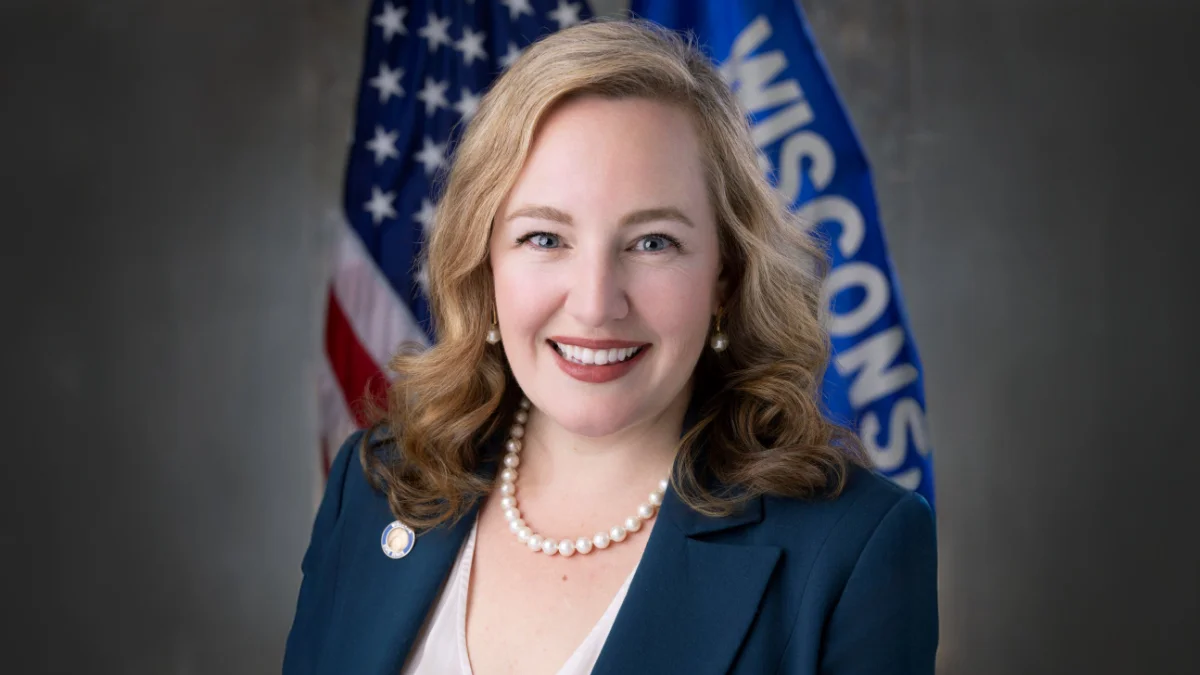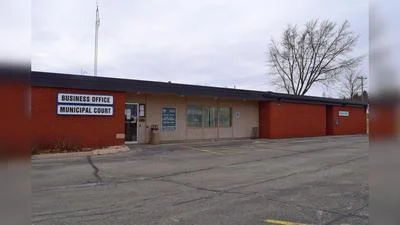Kelda Roys Wisconsin State Senator (District 26) | Official Website
Kelda Roys Wisconsin State Senator (District 26) | Official Website
According to the Wisconsin State Legislature's official website, the bill was described as follows: "local and private regulation of accessory dwelling units. (FE)".
The following is our breakdown, based on the actual bill text, and may include interpretation to clarify its provisions.
In essence, this bill mandates that political subdivisions with zoning ordinances allow at least one accessory dwelling unit (ADU) per parcel where single-family or multi-family residential use is permitted by right. It prohibits these subdivisions from imposing fees beyond standard building permit fees, setting dimensional or design requirements specific to ADUs that don't apply to single-family dwellings, enforcing additional parking requirements due to ADUs, or mandating separate utility connections for ADUs. Additionally, the bill nullifies any covenant, restriction, or condition in property deeds that prohibit or unreasonably restrict ADUs, and prevents homeowners associations from enforcing such restrictions unless necessary for public health and safety. The bill has a retroactive impact on existing covenants and restrictions.
The bill was co-authored by Representative Francesca Hong (Democrat-76th District), Senator Sarah Keyeski (Democrat-14th District), Senator Jamie Wall (Democrat-30th District). It was co-sponsored by Representative Mike Bare (Democrat-80th District), Representative Brienne Brown (Democrat-43rd District), and Representative Ben DeSmidt (Democrat-65th District), along four other co-sponsors.
Kelda Roys has authored or co-authored another 19 bills since the beginning of the 2025 session, with none of them being enacted.
Roys graduated from New York University in 2000 with a BA and again in 2004 from University of Wisconsin Law School with a JD.
Roys, a Democrat, was elected to the Wisconsin State Senate in 2021 to represent the state's 26th Senate district, replacing previous state senator Fred Risser.
In Wisconsin, the legislative process starts when a senator, constituent, group, or agency proposes an idea for a bill. After drafting, the bill is introduced, numbered, and referred to a committee for review and public input. If approved, it moves through three readings and votes in both the Senate and Assembly. Once both chambers pass the same version, the bill goes to the governor, who can sign it, veto it, or let it become law without a signature. Only a small share of bills introduced each session ultimately become law. You can learn more about the Wisconsin legislative process here.
| Bill Number | Date Introduced | Short Description |
|---|---|---|
| SB247 | 05/09/2025 | Local and private regulation of accessory dwelling units. (FE) |
| SB195 | 04/14/2025 | Serving maple syrup in a public eating place |
| SB142 | 03/21/2025 | Algorithmic software for residential housing, and providing a penalty |






 Alerts Sign-up
Alerts Sign-up